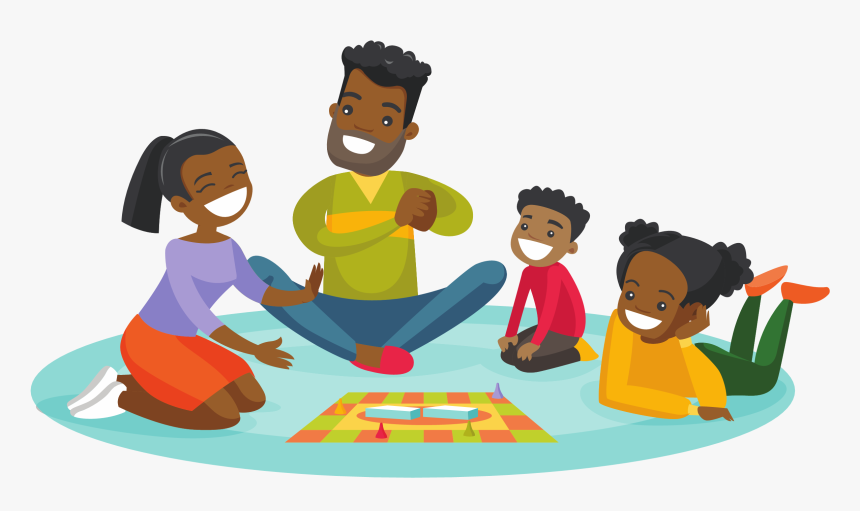
HOW YOU CAN HELP YOUR CHILD ACHIEVE A HEALTHY BALANCE
- Judith Osuoha, School Admin.
- 12892
Several factors contribute to the process of raising a WHOLE and well rounded child and major areas that determine how balanced a child is includes physical, emotional, social and cognitive aspects of the child's development.
Below are some ways you help ensure your child attains a healthy level of balance especially amidst the rapid dynamism of our world.
Be deliberate with LOVE: Love is not automatic and does not just happen. It takes a deliberate effort to show love, give love and remember to say 'I love you'. Regardless of your child’s age, consistent assurance of your unconditional love cannot be over emphasized.
For your child, 'LOVE' means 'QUALITY TIME' and when you become too busy that you don't make time, your child will experience an imbalance.
Create Play: Time to take off the “grown up” hat, step into your child’s world and engage in unstructured play time with your child. It is a great opportunity to bond and put your child at ease to communicate and express deep seated concerns.
Set Realistic Expectations: How hard is too hard? That is the question when we push for things like compliance and academic excellence from our children. Children should learn early from their parents that goals need to be challenging but achievable and reiterate that “if at first you do not succeed….try again”.
Hold your child accountable: Everyone needs to take responsibility for their actions. Children included. Always ask your child the "Why" question for most actions. This enables the child to think and sometimes see the consequences or outcomes of their actions and as they grow, they learn to think through what they want to do even before doing it.
Did you find this helpful? Let us know and Follow us on our social media platforms for more tips on creating a healthy balance for your child.
"In all aspects of our lives balance is key. Doing one thing too much can cause upset, like the old saying goes, everything in moderation is the secret!"
Catherine Pulsifer.
HELP YOUR CHILD BUILD A SENSE OF IDENTITY
Previous PostNURTURE YOUR CHILD'S MENTAL HEALTH
Next Post



